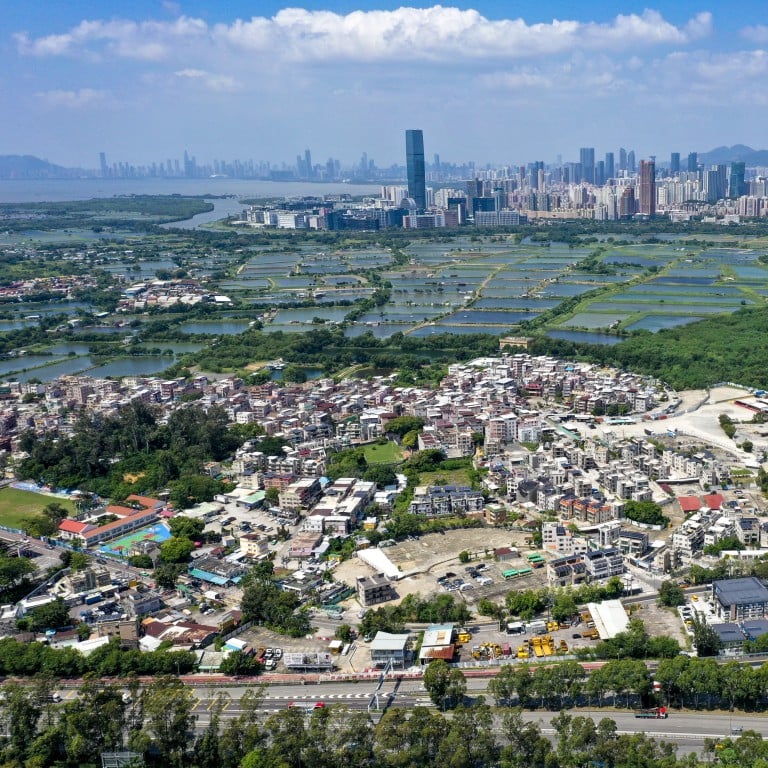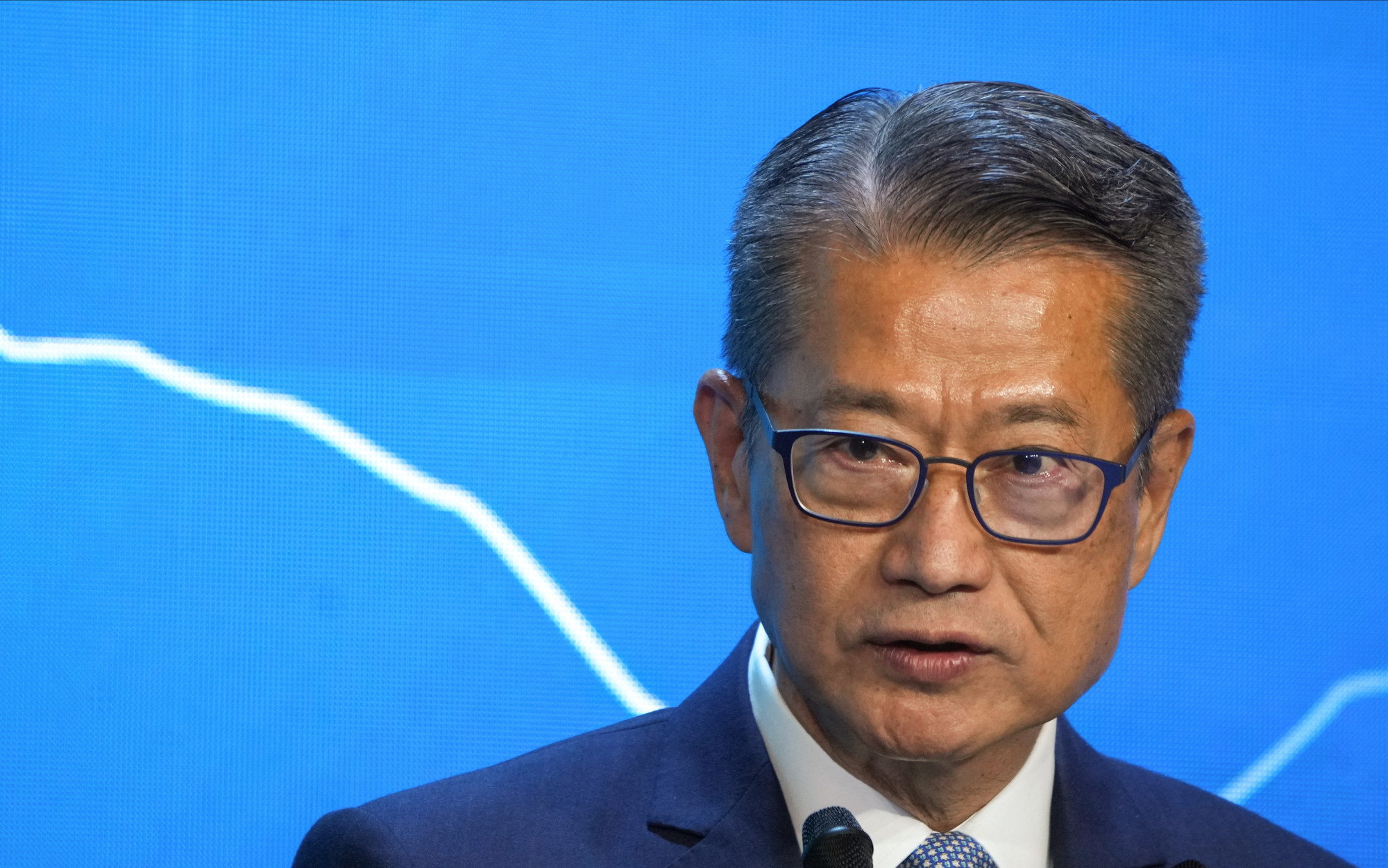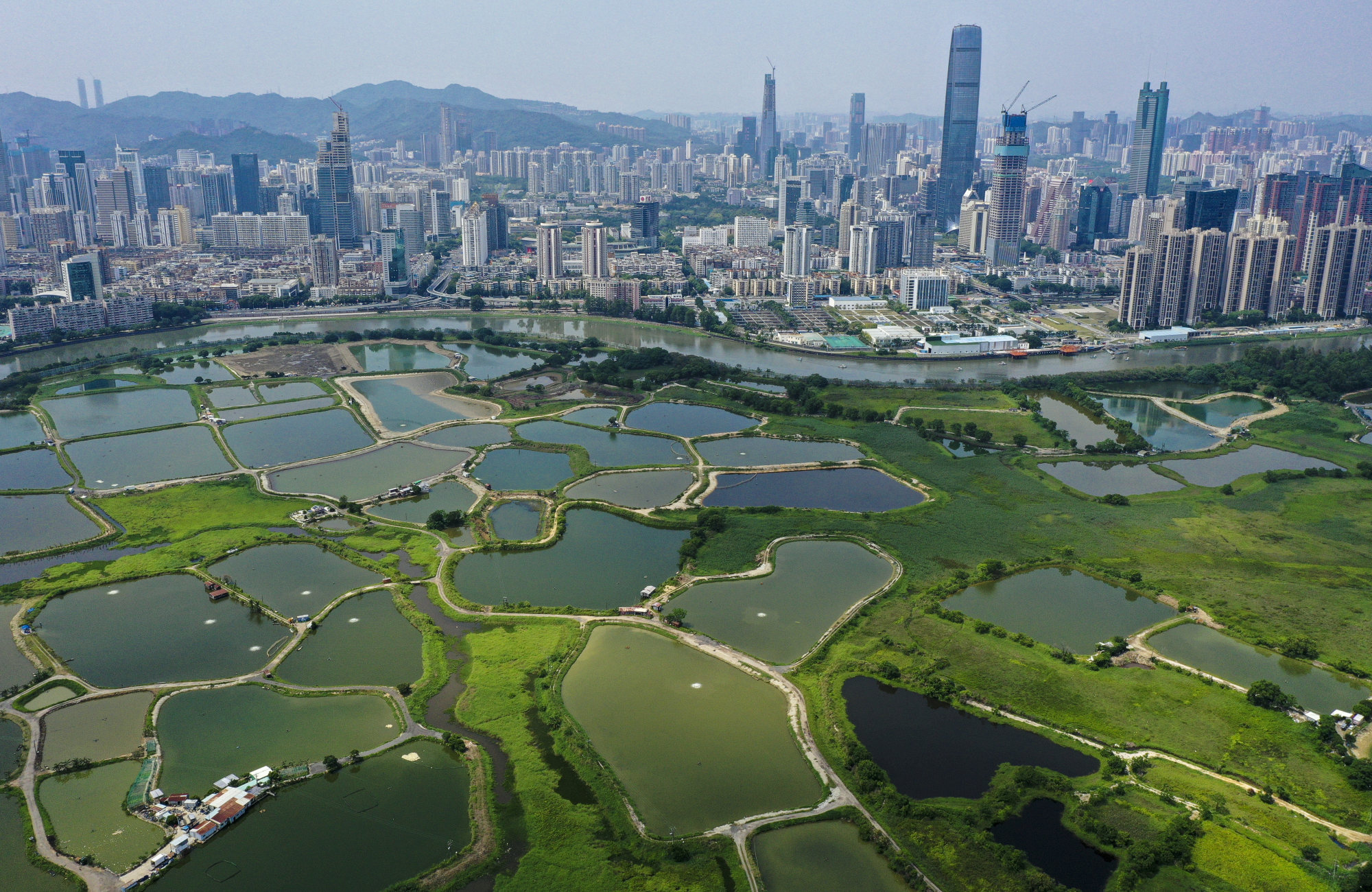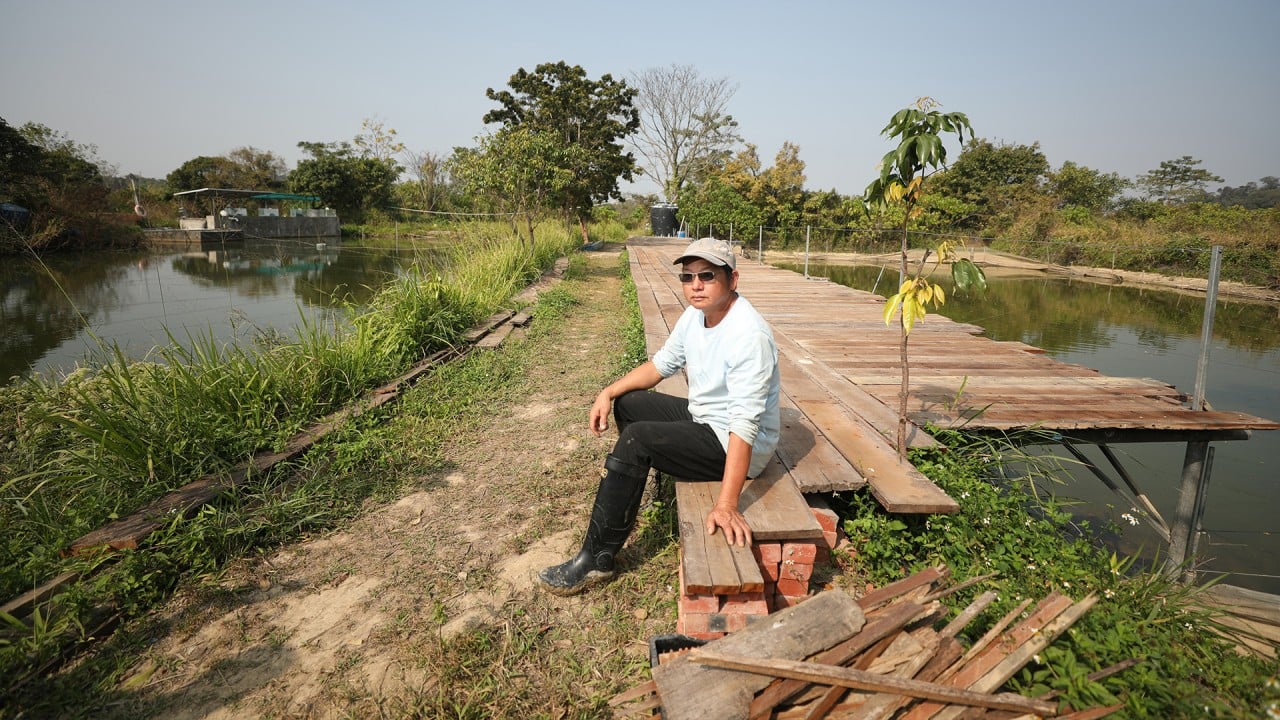
Hong Kong’s Northern Metropolis: what bold ideas will advisory panel of ‘stakeholders’ give to realise plans? Several say relook land use, create better niches for tech and business
- Government has announced appointment of 46-member Advisory Committee on the Northern Metropolis for two-year term
- Several members say they are open to revisiting previously held assumptions about project
On Friday, the government announced the appointment of 37 non-official members and eight official ones to the Advisory Committee on the Northern Metropolis for a term of two years.

They are expected to advise the government on the planning and implementation of the Northern Metropolis, including development of land and housing, industries, and transport and other infrastructure, as well as environmental conservation and provision of public facilities.
Notable members include Professor Ko Ping-keung of the Hong Kong University of Science and Technology, Professor Cai Hongbin of the University of Hong Kong and Allen Shi Lop-tak of the Chinese Manufacturers’ Association.
Speed up construction for Northern Metropolis plan: Hong Kong experts
“The Northern Metropolis is the new engine for Hong Kong’s growth in the future, and an important base for promoting innovation and technology and diversified development,” Chan said.
“We value advice from different sectors of the community, in particular stakeholders from the political and business sectors, the relevant industries, academia and local communities.”
The metropolis, covering around 300 sq km in total, includes existing towns in Tin Shui Wai, Yuen Long, Fanling and Sheung Shui, as well as neighbouring rural sites and six new development areas under planning or construction.
A 1,100-hectare “technopole” – or a tech hub – would be built in San Tin, dubbed “Hong Kong’s Silicon Valley”, which would be a community for IT talent and provide a total gross floor area equivalent to 16½ Science Parks.
It would also involve a new cross-border railway linking the city to the Qianhai economic zone in Shenzhen, and an extension of a local northern rail link that would stimulate development across Hong Kong’s rural hinterland.
A more liveable Hong Kong? John Lee pledges better space and facilities
“There must be holistic planning to balance development in the area for attracting investors and talent,” he said.
“Hong Kong should provide supporting measures to attract talent, investors and their families to stay in the city for long-term development.”

Fellow panel member Duncan Chiu, who represents the IT sector in the legislature, said he would advise the government to sort out land use to create clusters for the city’s biotechnology development.
“Now land use in the area is really bits and pieces scattered loosely in different parts. I will conduct a site visit and see how we can create a cluster effect there,” he said.
Planning sector legislator Tony Tse Wai-chuen said the government should review and change the land use if necessary if it could no longer cope with future housing and commercial development.
“I hope the government can diversify development there to create clusters for industries and businesses. There should be flexibility in the planning mechanism to allow changes to cater to future development.”

Lawmaker Michael Tien Puk-sun, a former chairman of the Kowloon-Canton Railway Corporation, said he would advise the government to negotiate with developers to set up a “Hong Kong Corner” in Hung Shui Kiu with low rent for young people to set up businesses.
“The district will provide a great source of cross-border customers for these young people if they can start their own business there. There are a lot of things they can do from catering, hairdressing to design,” he said.
Lawmaker Gary Zhang Xinyu said he expected the advisory body to run until the project’s delivery, which could take 20 years, and hoped it would help the government in learning from past lessons to ensure no delays and cost overruns occurred.
“It is a good thing to have an advisory body in which the government can hear the opinions from the relevant lawmakers, academics, business representatives and other stakeholders,” he said.
Hong Kong to unveil green measures later this year to offset artificial islands plan
“The land in the Northern Metropolis is readily available and it won’t involve a large sum of financing like that of the Lantau Tomorrow Vision. The metropolis project can deliver a quicker and more desirable result,” he said.
Exco convenor Regina Ip Lau Suk-yee, who was also appointed to the panel, said it had absorbed various stakeholders and representatives. That included lawmakers who were directly returned via constituencies involved in the mega plan, as well as representatives from rural powerhouse the Heung Yee Kuk.
“The government may want to hear more views,” said Ip, chairwoman of the New People’s Party. “Everything can court controversies.”



